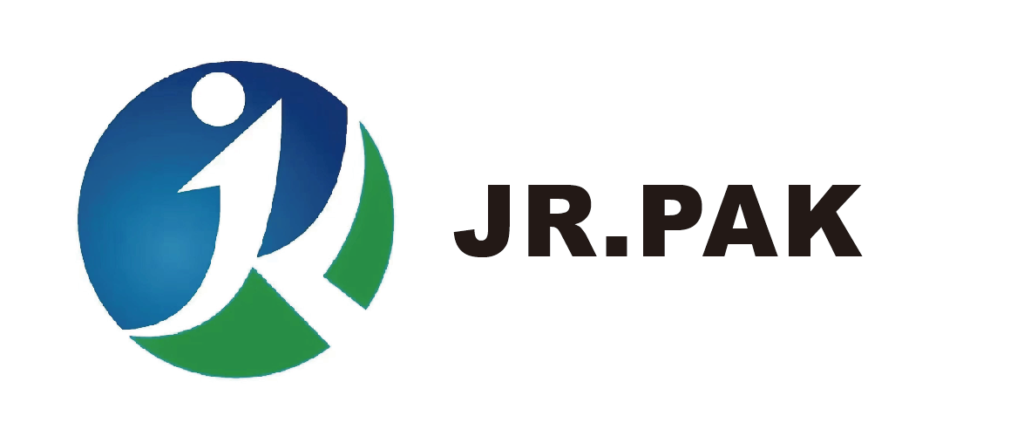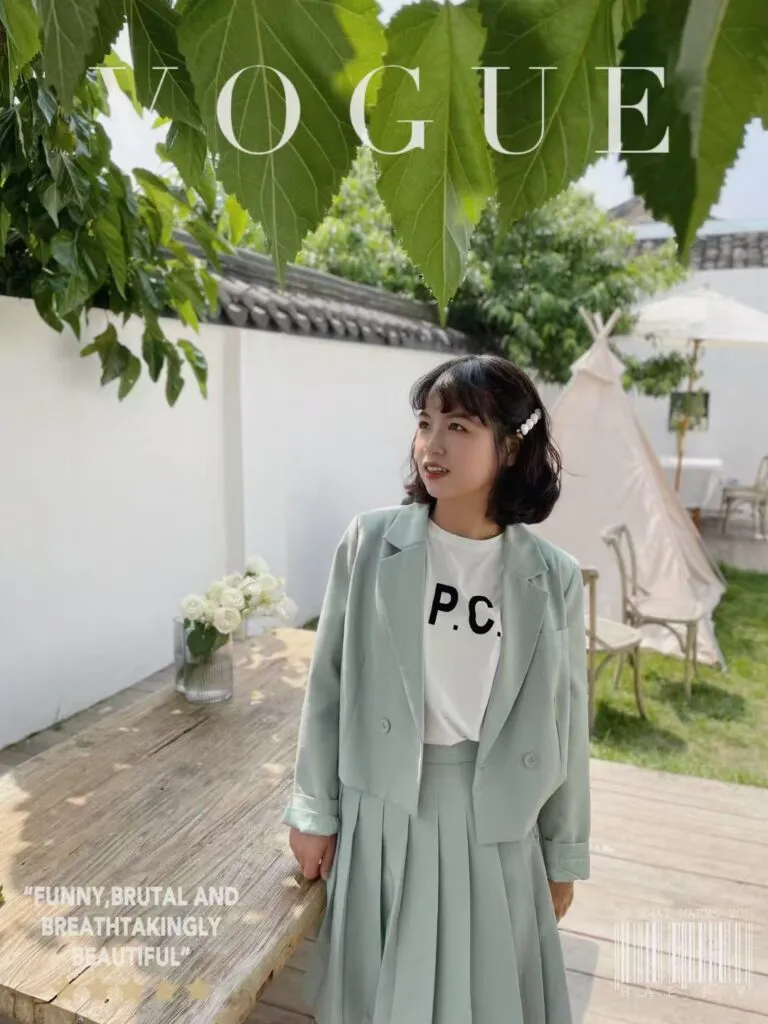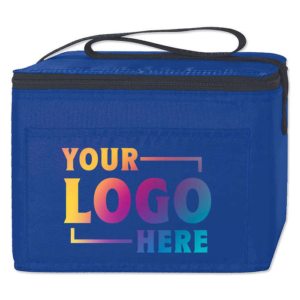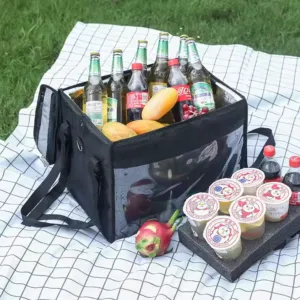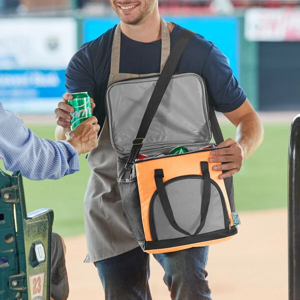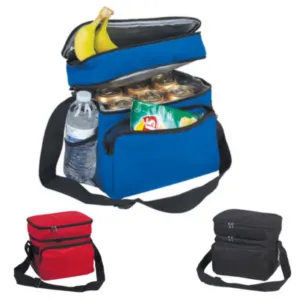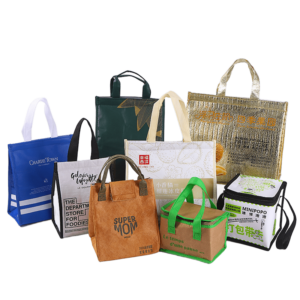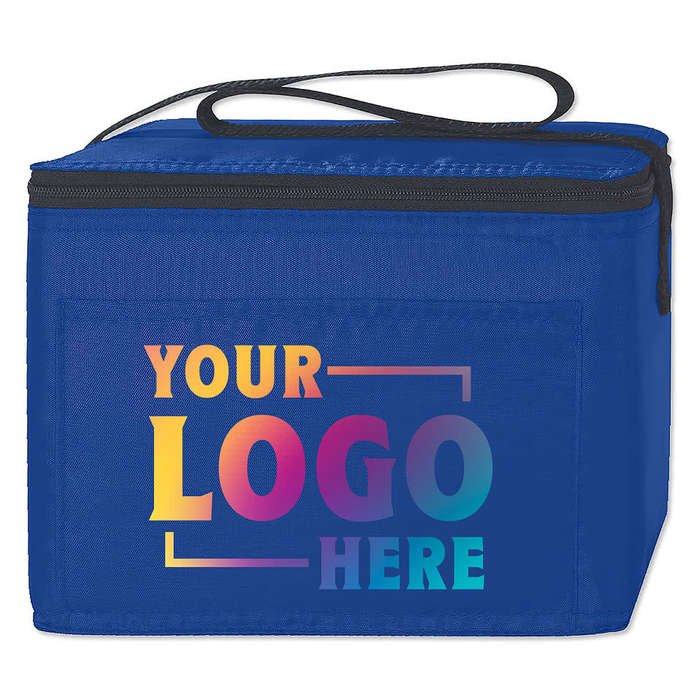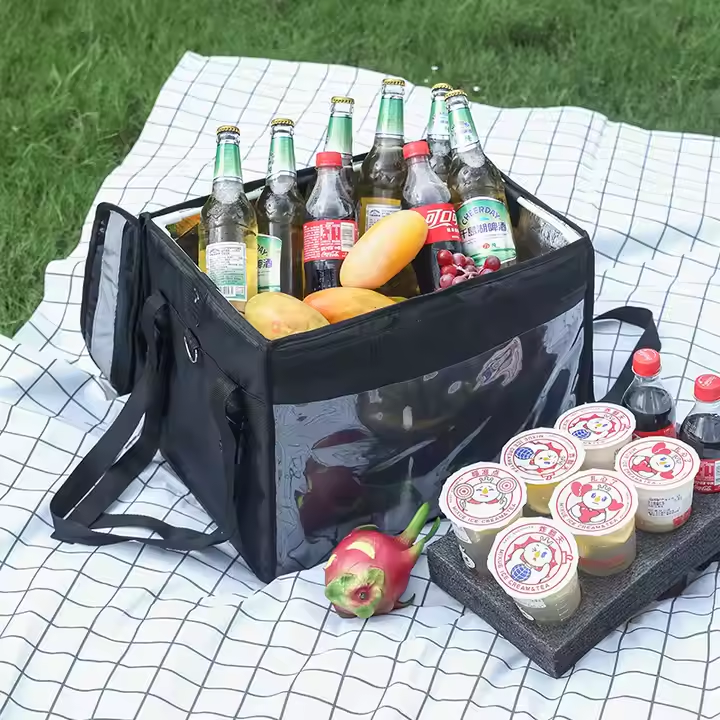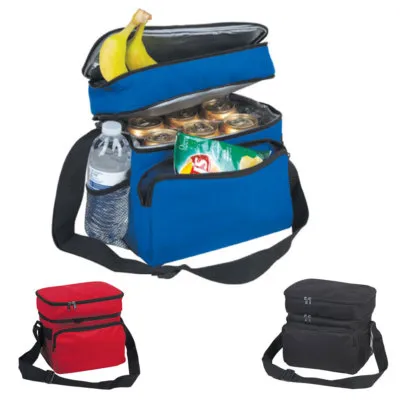Choosing the right canvas bag supplier is crucial for businesses that value quality, customization, and responsible production. This article outlines six essential questions that help you evaluate a supplier’s reliability, capabilities, and values.
6 Questions to Ask Before Choosing a Canvas Bag Supplier
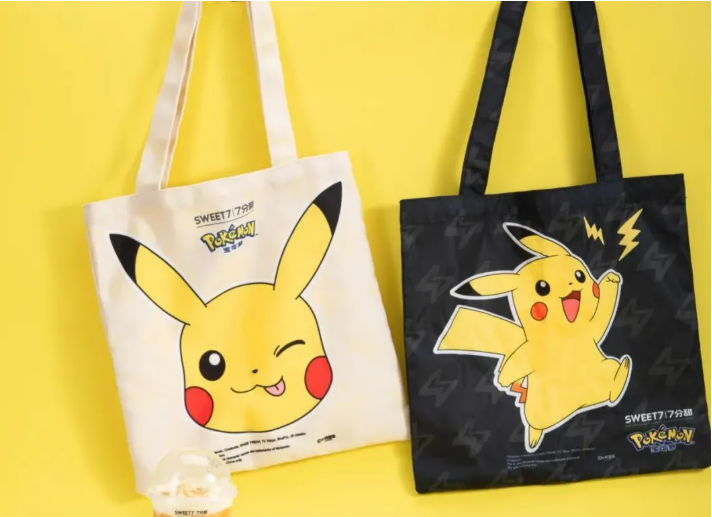
Before choosing a canvas bag supplier, ask about bag types, customization, order terms, delivery timelines, sustainability, and quality control. These ensure the supplier fits your brand’s goals.
These questions help you filter suppliers who align with your product quality and brand values.
What Types of Canvas Bags and Fabric Qualities Do You Offer?
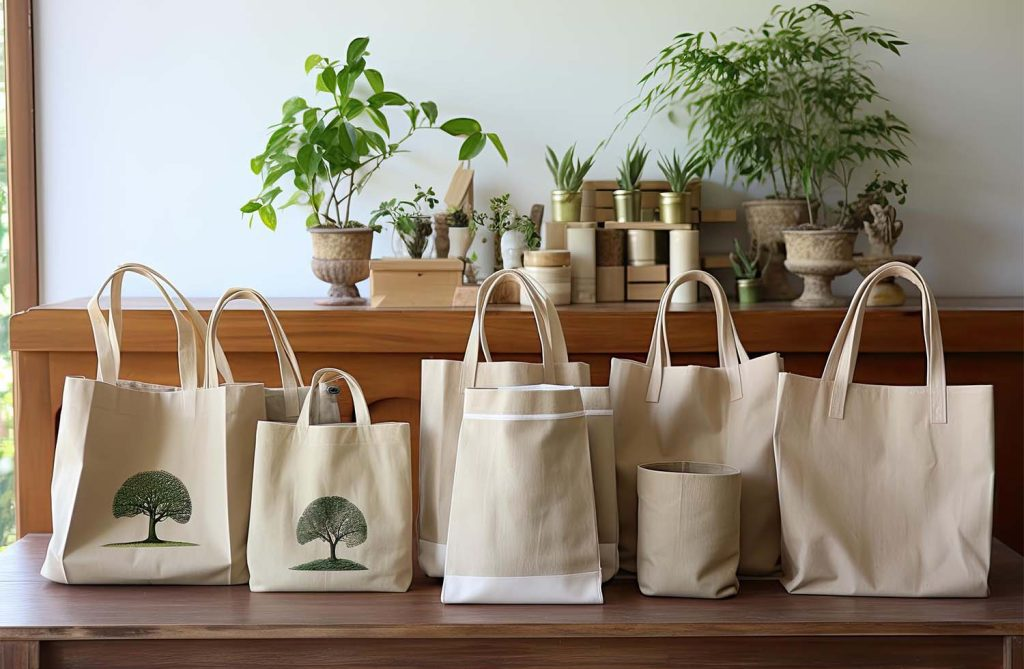
Different canvas bags serve different functions. Some buyers need lightweight canvas totes for events, while others prefer thick, structured bags for retail sales. Suppliers should offer a wide range of styles—tote bags, drawstring backpacks, messenger bags—and fabric options measured by GSM or ounces. Canvas can be regular, pre-washed for softness, recycled, or organic.
Evaluate Fabric and Style Variety
| Bag Type | Common Uses | Suggested Fabric Weight |
|---|---|---|
| Tote Bags | Promotions, retail shopping | 8–12 oz |
| Drawstring Bags | Events, schools, giveaways | 6–10 oz |
| Backpacks | Daily use, fashion | 12–16 oz |
Choose suppliers who clearly explain their materials and help match them to your purpose. If you promote sustainability, check if they offer recycled or GOTS-certified organic canvas.
Can You Customize Designs and Logos?
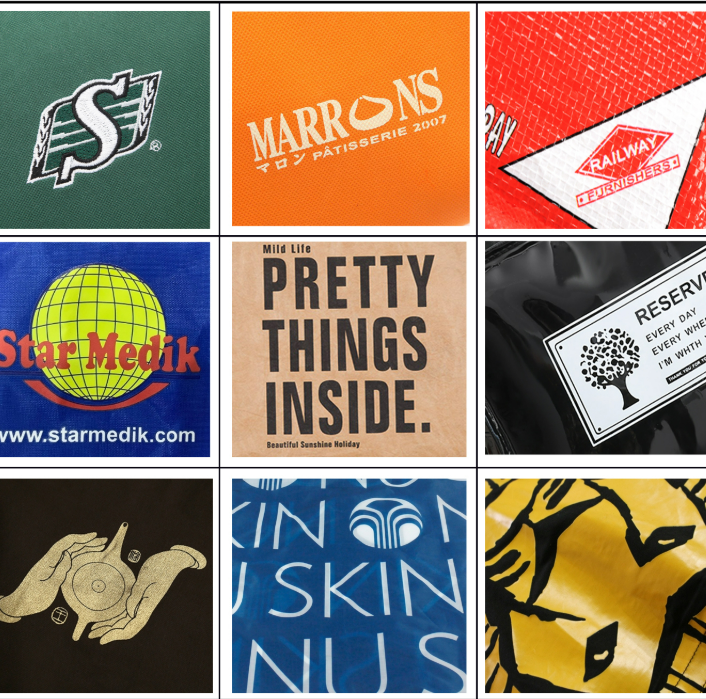
Custom branding turns a simple canvas bag into a promotional tool. A good supplier should support various printing or embroidery methods. Ask whether they offer screen printing, heat transfer, or digital printing. Color matching is critical for consistent branding. Confirm the number of colors supported and if they can follow Pantone references.
Understand Customization Capabilities
| Method | Best For | Pros | Cons |
|---|---|---|---|
| Screen Printing | Large orders, solid designs | Cost-effective at scale | Limited color blending |
| Heat Transfer | Complex images, smaller runs | Good for photo-quality prints | May crack over time |
| Embroidery | Premium bags, logos | Long-lasting, textured finish | Higher cost, stitch limits |
Reliable suppliers send digital proofs or physical samples before mass production. This prevents mismatches or unexpected results.
What Are Your Minimum Order Quantities (MOQs) and Pricing?

MOQ affects whether a supplier suits small businesses or only bulk buyers. Ask about the minimum order for both plain and custom canvas bags. Also, check price tiers—per-unit costs drop significantly with larger volumes.
Compare MOQs and Price Breaks
| Order Size | Example MOQ | Customization Included | Price per Bag (Estimated) |
|---|---|---|---|
| Small Orders | 100–500 | May include setup fees | $2.50–$4.00 |
| Mid-size Orders | 500–2,000 | Lower per-unit cost | $1.80–$2.50 |
| Bulk Orders | 5,000+ | Best pricing tiers | $1.20–$1.80 |
Understanding this helps you match the supplier’s capacity with your budget and inventory needs.
What Is the Production Lead Time and Shipping Process?
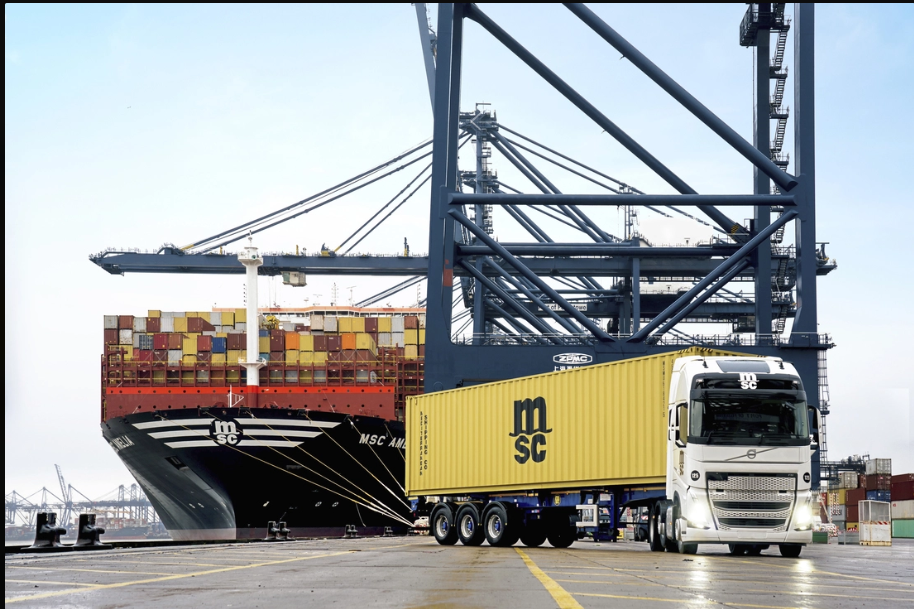
Lead time includes design finalization, production, and shipping. Standard production might take 2–4 weeks depending on order size and bag type. Customization can extend this. Ask about possible delays during peak seasons like Q4 or back-to-school.
Clarify Timelines and Logistics
| Stage | Expected Duration |
|---|---|
| Sample Approval | 3–7 days |
| Production | 10–25 days |
| Shipping (Air/Sea) | 5–30 days |
Also confirm if the supplier handles customs clearance or if you must. Choose a supplier with reliable tracking and clear shipping terms.
Do You Follow Sustainable and Ethical Manufacturing Practices?
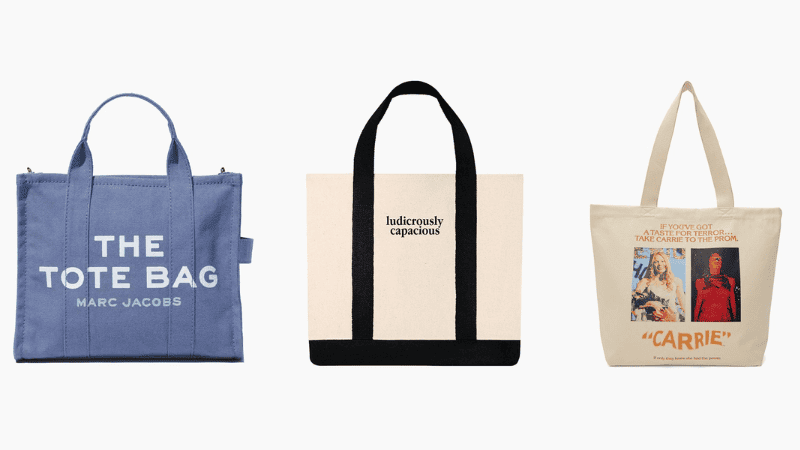
Many brands now demand ethical sourcing. A responsible supplier uses eco-friendly materials and safe labor conditions. Certifications like GOTS, OEKO-TEX, or Fair Trade show commitment to sustainability.
Identify Sustainability Indicators
| Certification | What It Ensures |
|---|---|
| GOTS | Organic fibers, safe processing |
| OEKO-TEX | No harmful substances in textiles |
| BSCI/SEDEX | Ethical labor and supply chain audits |
Suppliers who align with your brand values build consumer trust and reduce risk of reputational harm.
Can I Receive Samples and What Quality Control Measures Are in Place?
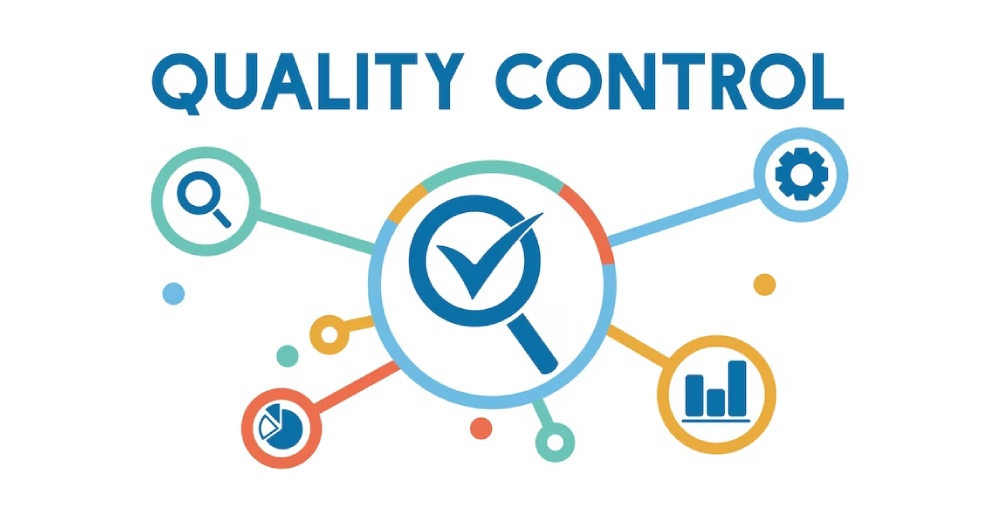
Before large orders, always request samples. This helps inspect fabric weight, stitching precision, and print clarity. A credible supplier will offer samples and explain their quality control (QC) process.
Assess Quality Control Systems
| QC Checkpoint | What to Look For |
|---|---|
| Raw Material Check | Consistency in fabric thickness/color |
| Mid-production Check | Printing/embroidery accuracy |
| Final Inspection | Stitching, alignment, defects |
Also, ask about policies on defective items. Do they offer replacements or refunds? A strong QC system shows the supplier values long-term partnerships.
Conclusion
Asking the right questions early protects your brand from poor quality, delays, and supplier mismatch. Understand the supplier’s product range, MOQ, customization, logistics, ethics, and QC systems. I’ve found that working with reliable suppliers who clearly explain these areas builds better partnerships and smoother projects.
Have you worked with a canvas bag supplier before? Share your experience or questions below—we’d love to hear from you.
